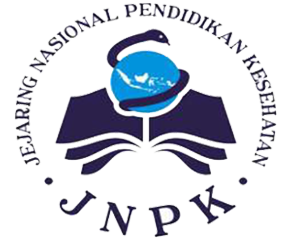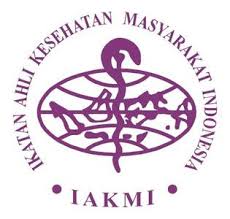Perilaku Pencegahan Penularan HIV/AIDS pada Wanita Pekerja Seks (WPS) Usia Remaja
Abstract
Abstrak
Jumlah kasus AIDS di Kabupaten Batang tahun 2017 sebanyak 34 kasus, meningkat bila dibandingkan dengan tahun 2016 sebanyak 32 kasus. Wanita Pekerja Seks (WPS) merupakan kasus tertinggi berdasarkan jenis pekerjaan. Tujuan dari penelitian ini adalah mengetahui gambaran perilaku pencegahan WPS usia remaja terhadap penularan penyakit HIV/AIDS. Penelitian ini menggunakan metode kualitatif. Penentuan informan menggunakan teknik purposive sampling. Informan penelitian ini adalah wanita pekerja seks usia remaja dengan jumlah 6 informan. Hasil penelitian menunjukkan pengetahuan dan sikap mengenai HIV/AIDS cukup baik, tetapi praktiknya masih buruk. Semua informan merasa pekerjaan mereka berisiko tinggi namun ada kepercayaan jika meminum jamu dapat mencegah IMS dan HIV/AIDS. Hambatan yang dirasakan yaitu tidak adanya stok kondom gratis, sulit melakukan negosiasi kondom, pengaruh alkohol, dan adanya biaya yang harus dikeluarkan untuk melakukan skrining IMS dan tes VCT. Saran untuk LSM dan layanan kesehatan yaitu memperluas intervensi tentang bahaya serta upaya pencegahan penularan HIV/AIDS kepada WPS.
Abstract
The number of AIDS cases in Batang Regency in 2017 was found as many as 34 cases, increased when compared to 2016 as many as 32 cases. Female Sex Workers (FSW) is the highest case by type of work. The purpose of this study is to determine the description of the behavior of adolescent FSW prevention towards transmission of HIV/AIDS. This study uses a qualitative. The informant determination uses purposive sampling techniques. The informants of this study are 6 female teenage sex workers. The results show the knowledge and the attitude of HIV/AIDS is quite good, but the practice is still bad. All informants feel their work risk is high but there is a belief that taking herbal medicine can prevent STIs and HIV/AIDS. The perceived obstacles are the absence of free condom stock, the difficulties in negotiating condoms, the influence of alcohol, and the costs involved in screening for STIs and VCT testing. Suggestions for NGOs and health services are to expand interventions on hazards and efforts to prevent transmission of HIV/AIDS to Female Sex Workers (FSW).




